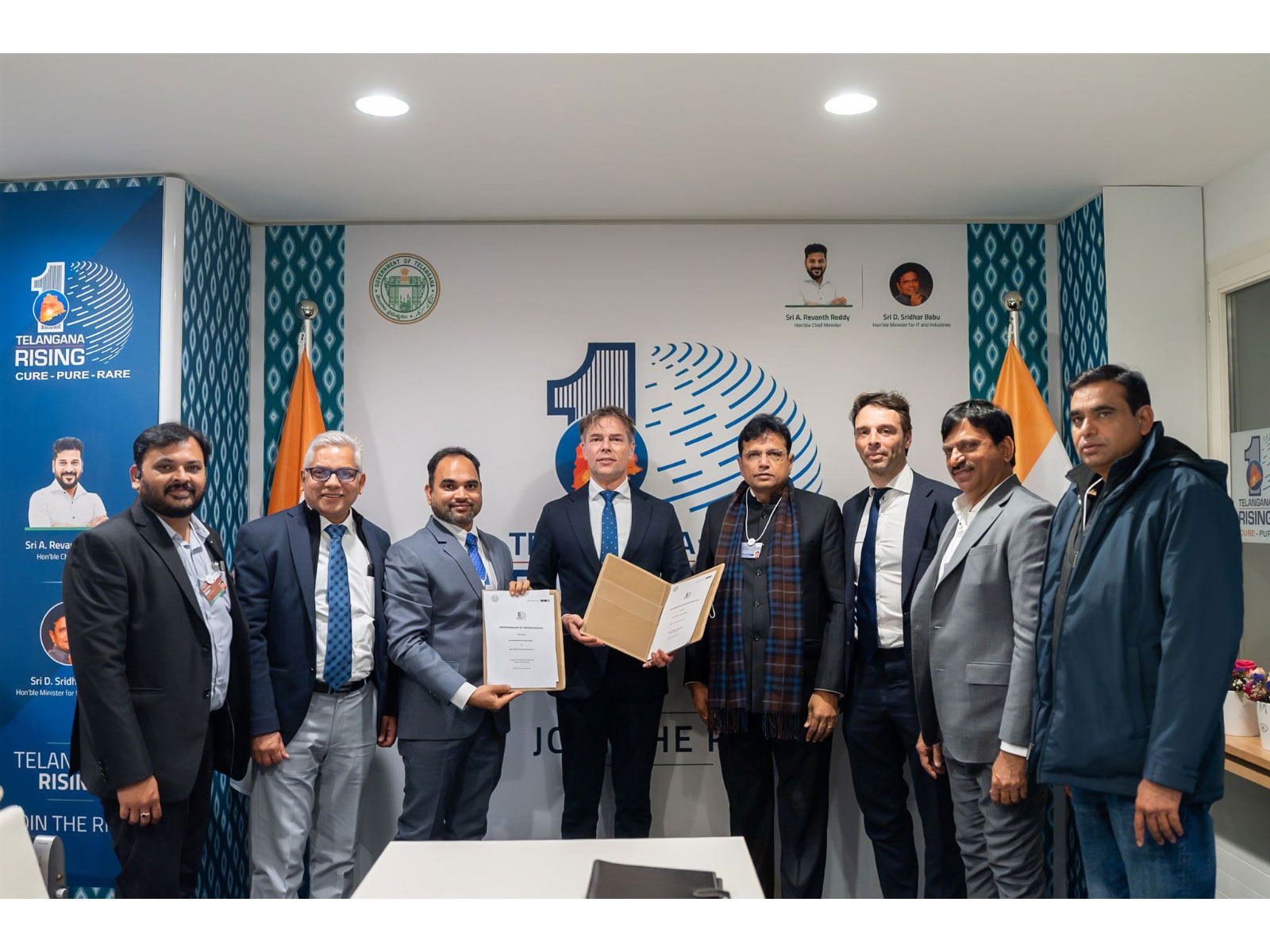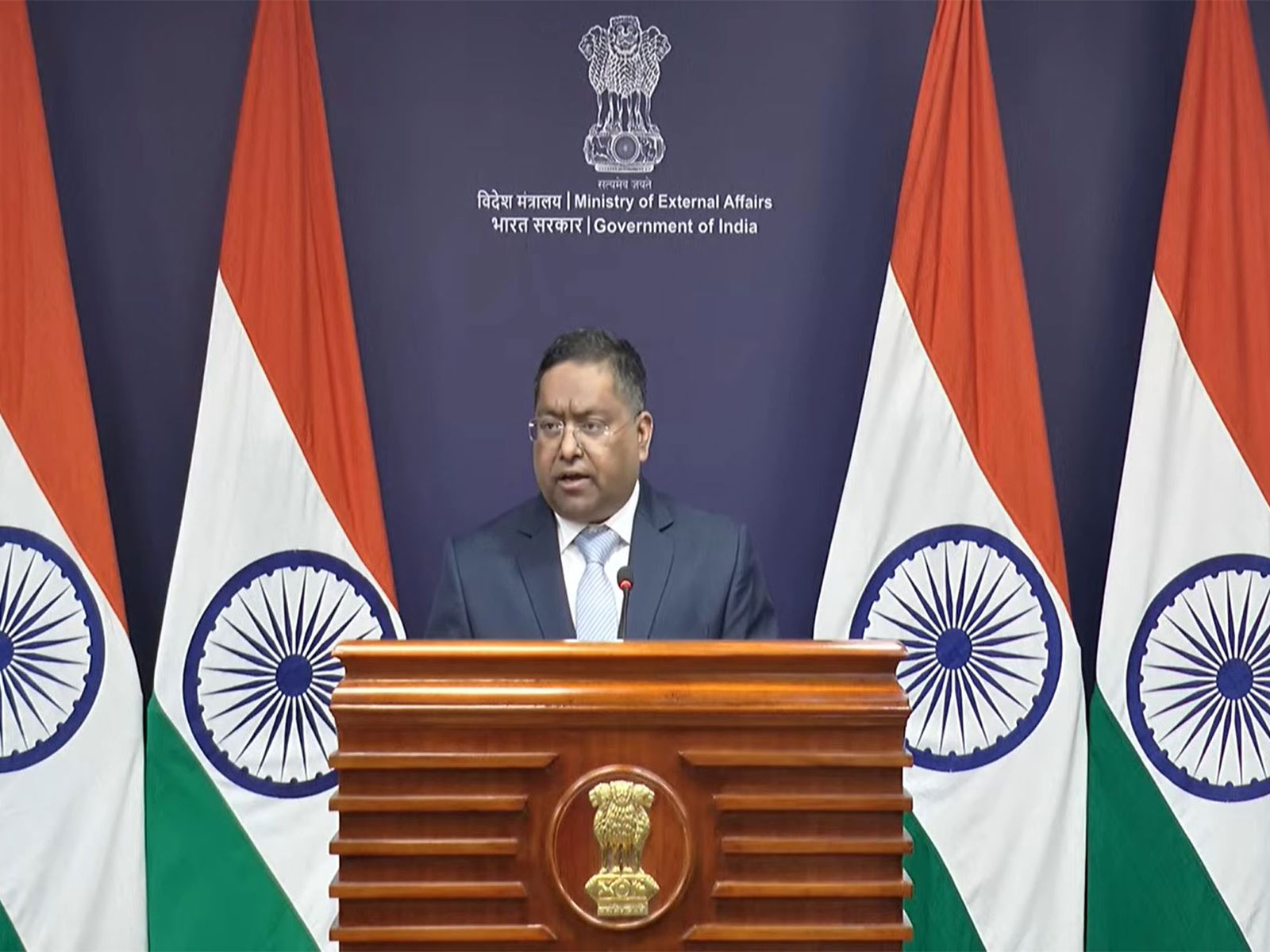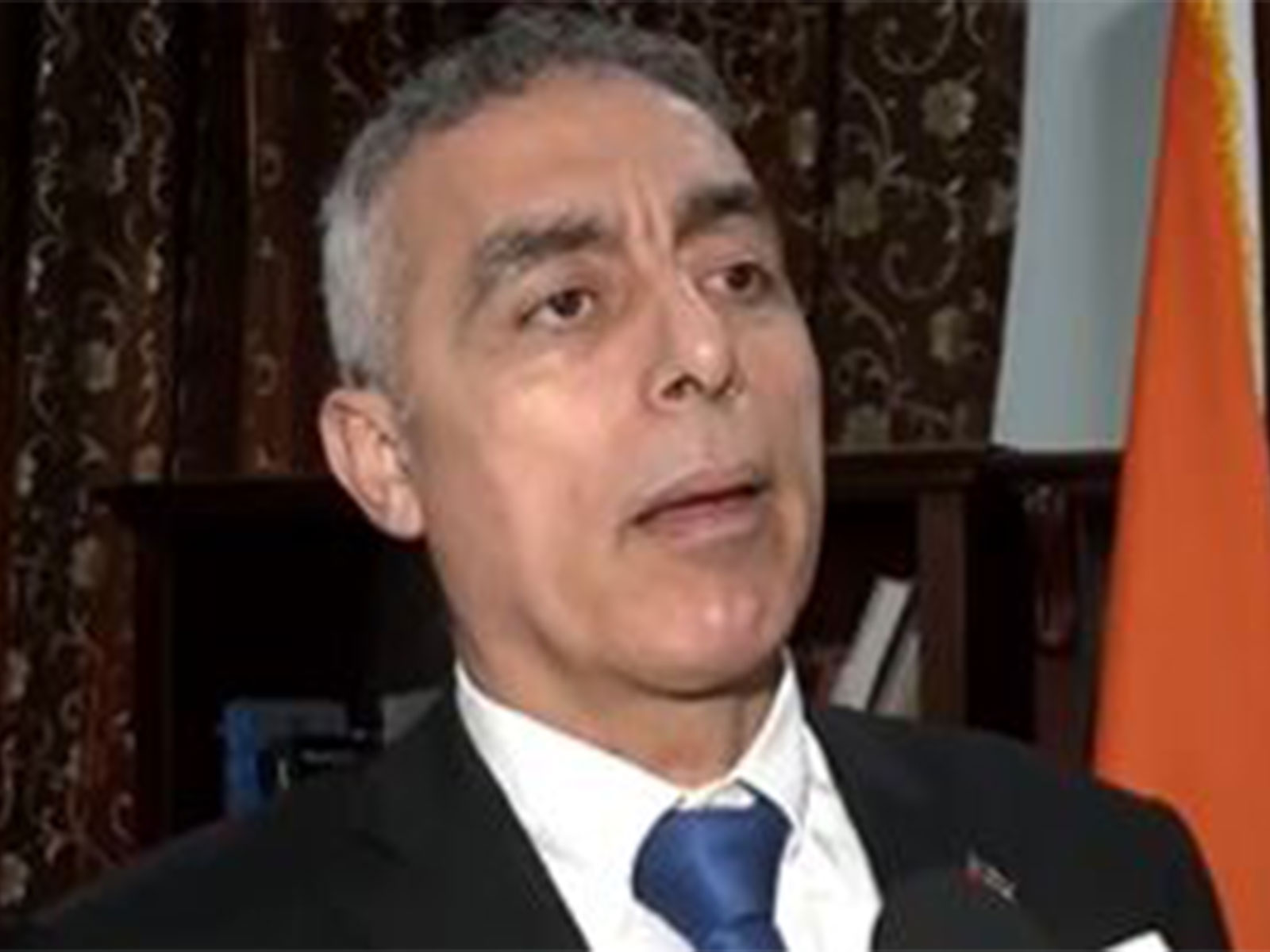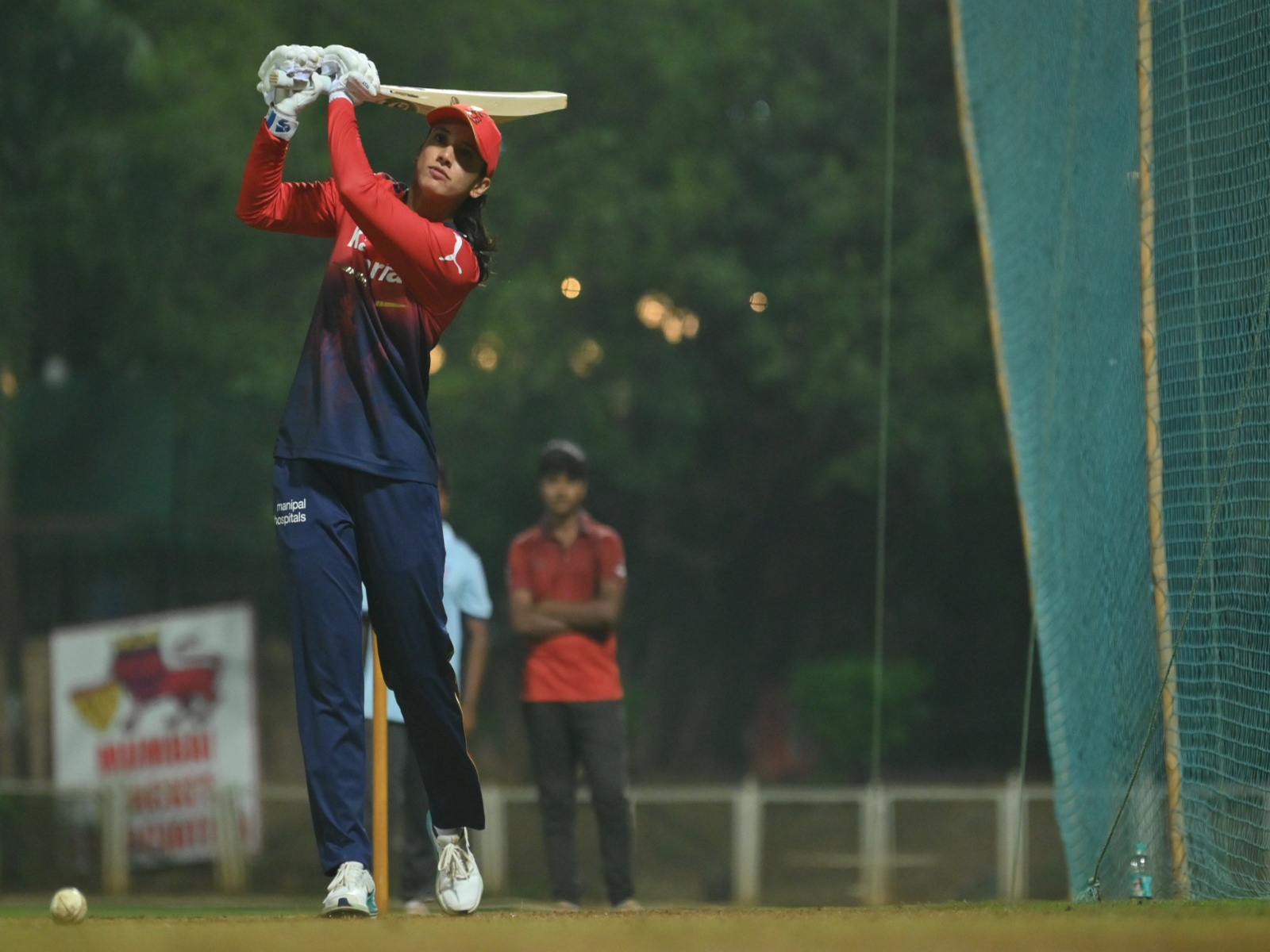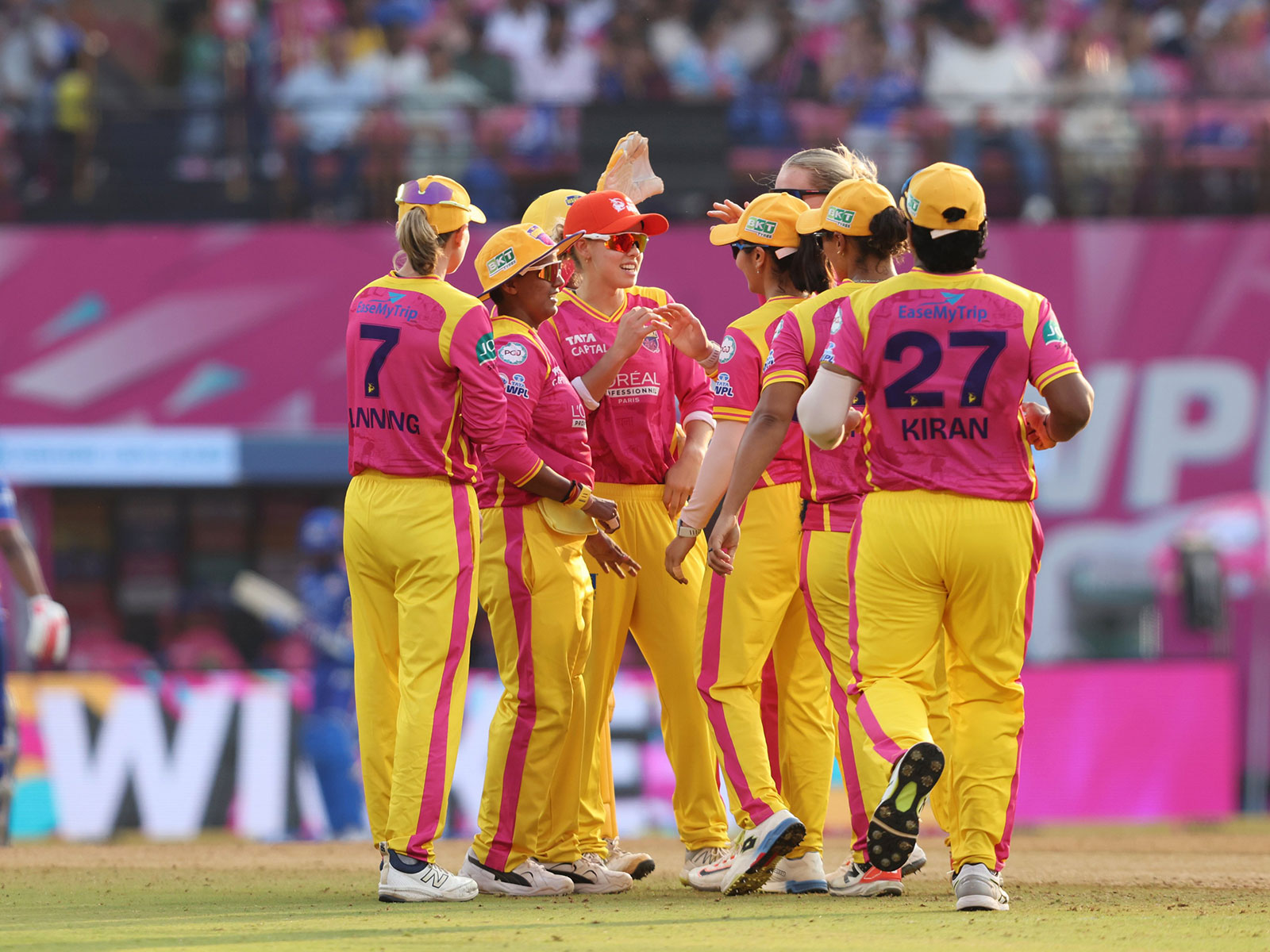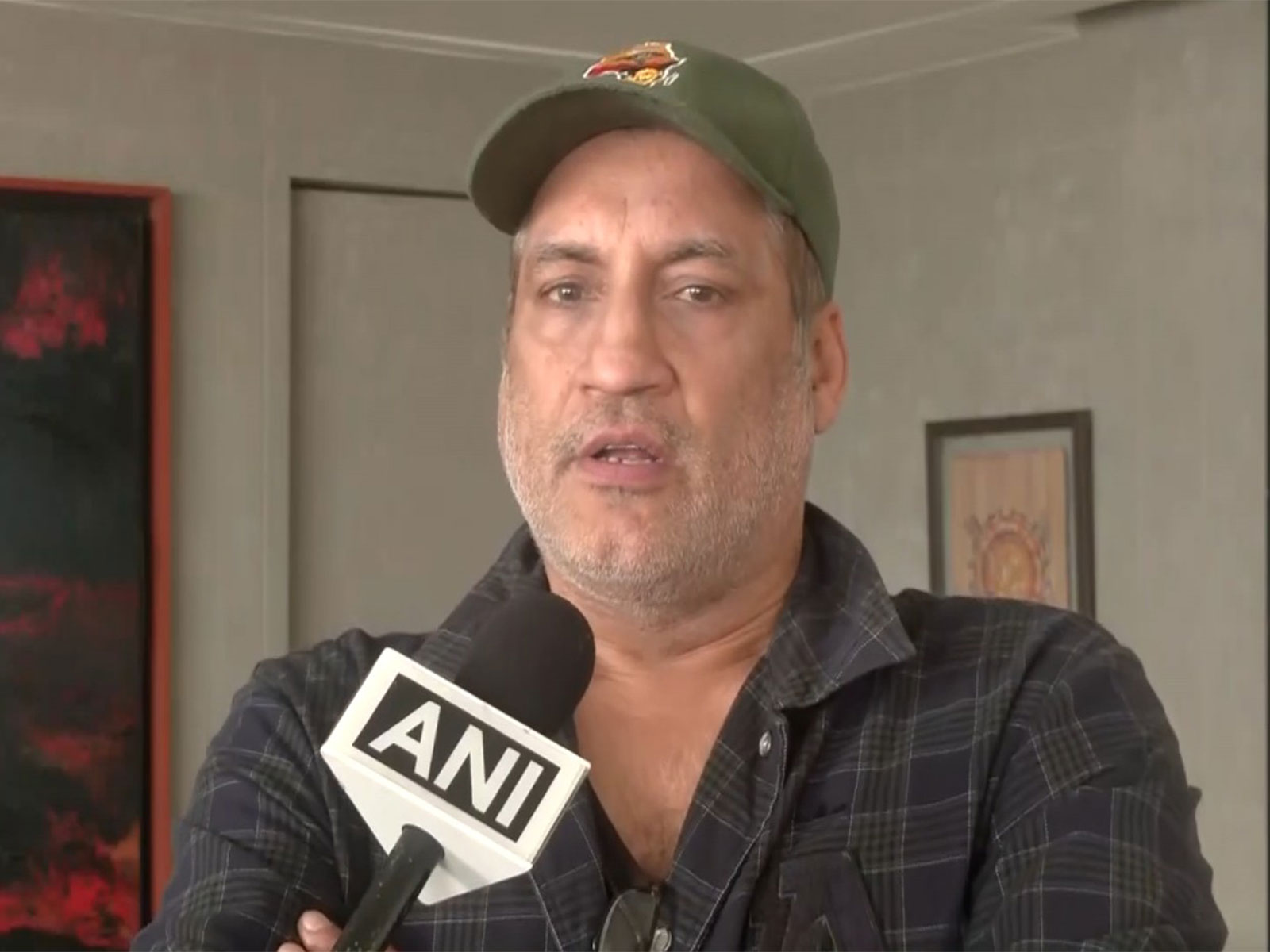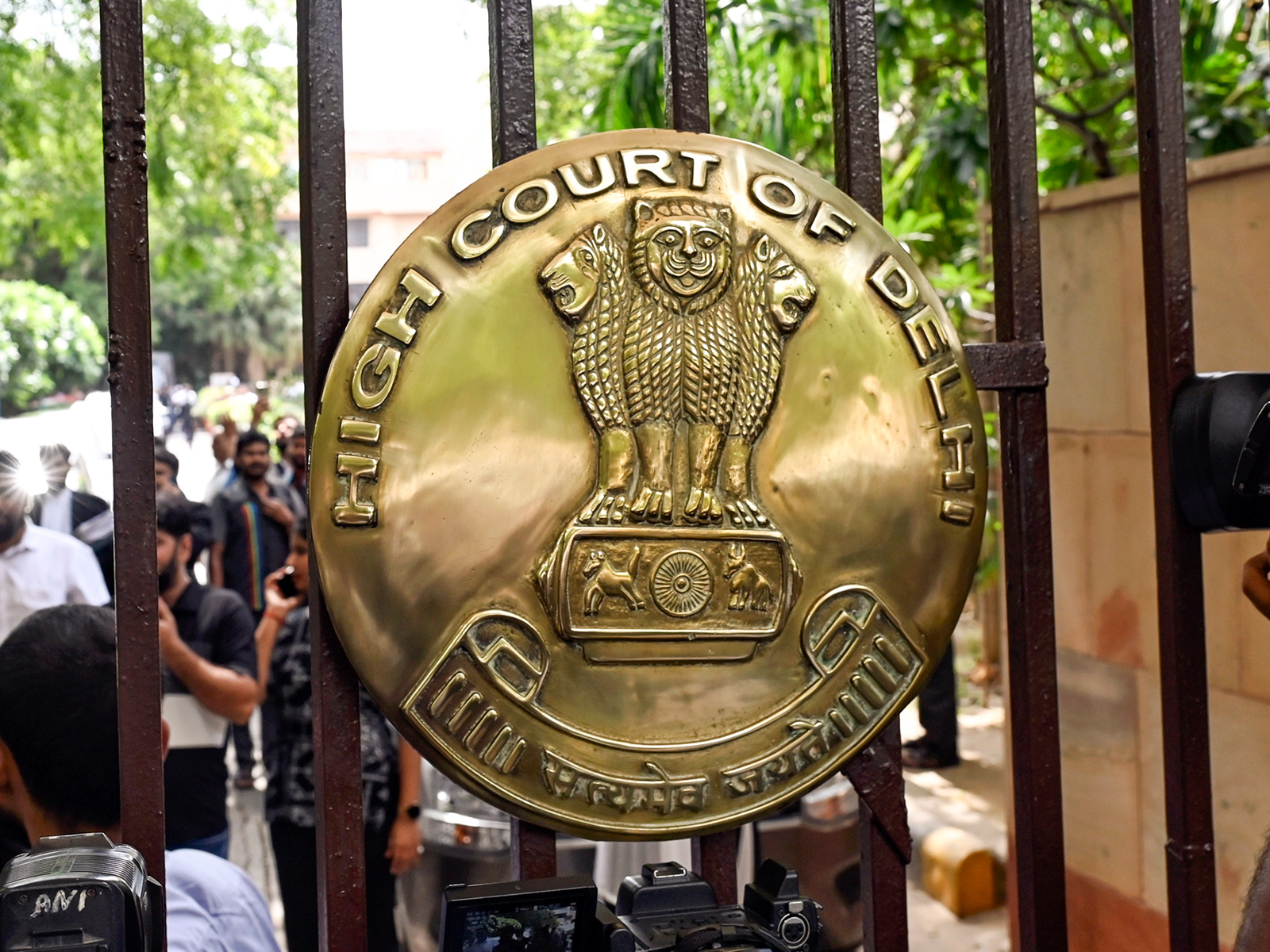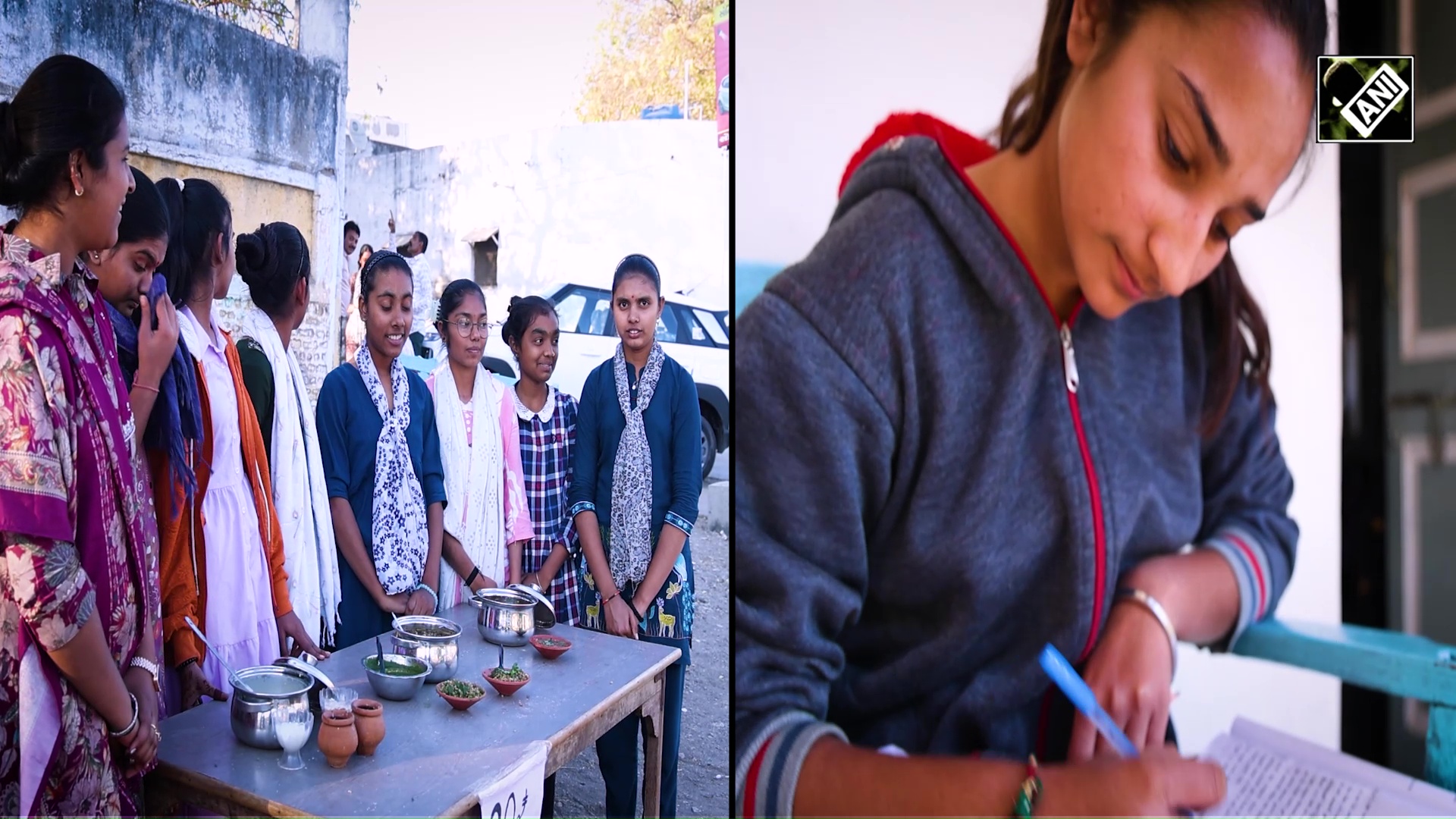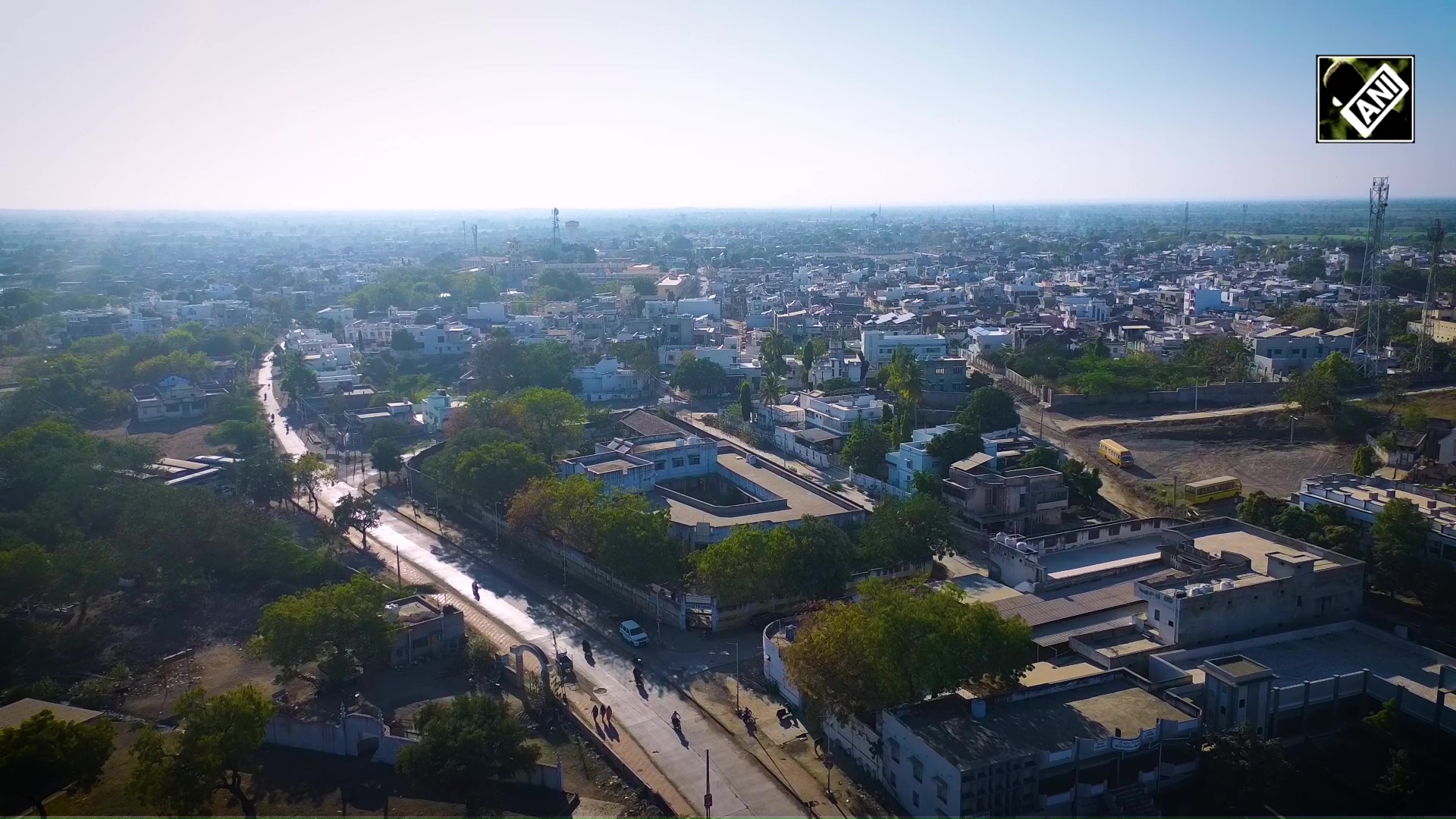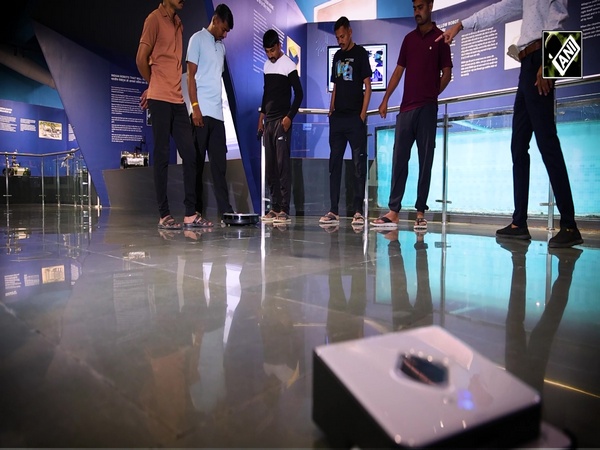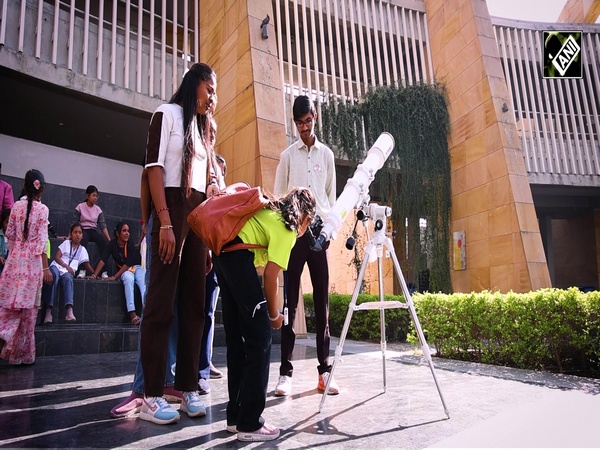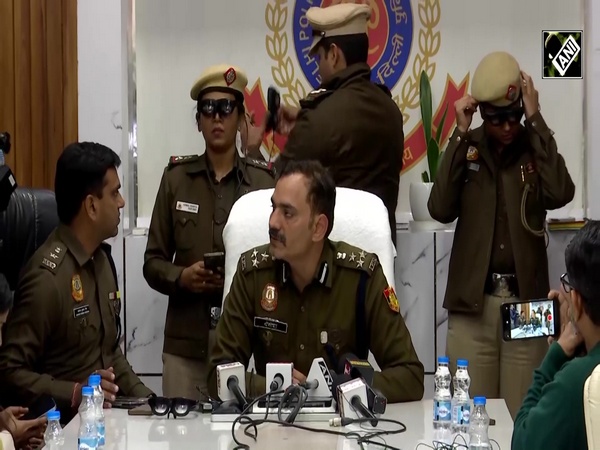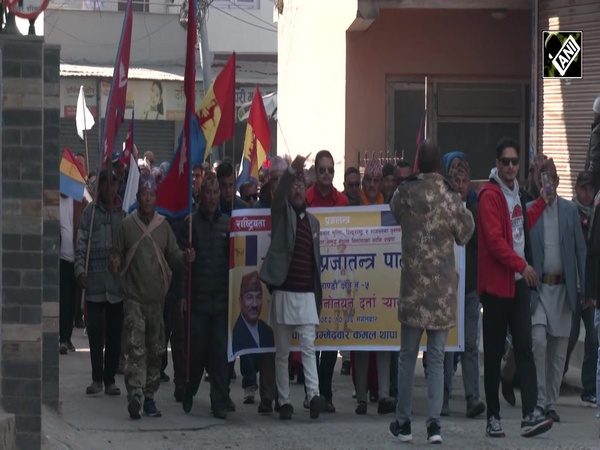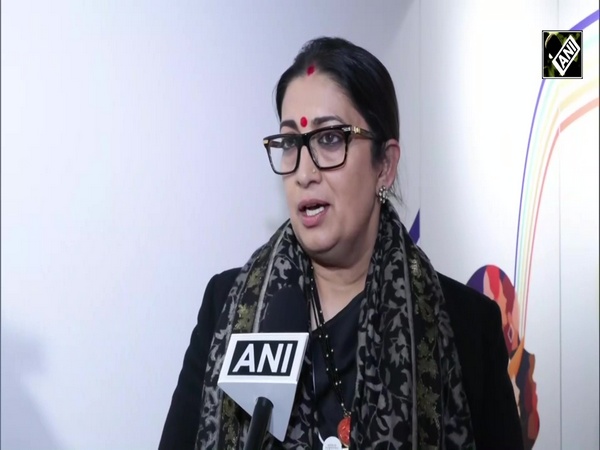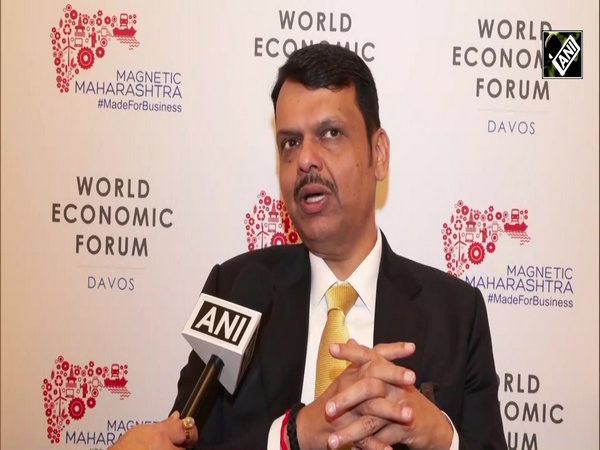Engineering and planning related approach needed to make cities water-sensitive, says NMCG DG
Nov 20, 2020

New Delhi [India], November 20 : Elaborating on the challenges faced in urban water management, Rajiv Ranjan Mishra, Director General of National Mission for Clean Ganga, has proposed steps to make Indian cities water-sensitive which include developing eco-friendly riverfront projects and harnessing the economic potential of the river.
In a keynote address during a two-part webinar series on 'Towards Water Sensitive Cities - Experience of Approach and Practices in Australia and India', Mishra said learning from experiences of Australian counterparts can be valuable in making Indian cities water sensitive.
The webinar was organised by India's Centre of Science and Environment-School of Water and Waste, India, and Alluvium Consulting, Australia. The webinar series was aimed to sensitise practitioners and advocate for the planning and designing of water-sensitive cities in India, and disseminate the experiences of water-sensitive cities in Australia and India, according to a statement by Jal Shakti Ministry.
"Roadmap for implementation of water-sensitive urban design and planning in Delhi" published by CSE was launched by Mishra. He said, "Engineering and planning related approach is needed to make cities water-sensitive."
"While elaborating on challenges faced in urban water management, Rajiv Ranjan Mishra, Director General, National Mission for Clean Ganga in his keynote speech said, 'Learning from experiences of Australian counterparts can be very valuable in making Indian cities water-sensitive'. He also proposed to develop a city to city partnership for select cities in the Ganga basin with Australian cities," the statement read.
"He suggested that a linkage between the built environment and the natural environment is needed for water sensitive urban design. He also endorsed a three-point vision to water sensitive cities- Cities should serve as potential water supply catchment, provide ecosystem services and create water sensitive communities," the statement added
He shared that the urban planning framework would now be made water-sensitive. He explained steps to make cities water-sensitive which includes ensuring effective regulation of activities in the floodplains, preventing pollution of the water bodies, rejuvenation of all water bodies and wetlands, to ensure a rich and continuous riparian buffer, to ensure maximum good quality return flow to the river, reuse of wastewater, to harness the economic potential of the river, to develop eco-friendly riverfront projects and to inculcate river-sensitive behaviour among residents.
Micheal O Neill, Department of Environment, Land, Water and Planning (DELWP), Government of Victoria presented the integrated approach followed by his government in urban planning.
Suresh Rohilla, Senior Director of the CSE spoke about the need for a road map to water sensitive urban design and planning.
A case-study on turning Melbourne into a water-sensitive city was presented by Chris Chesterfield, Urban Water Policy and Planning Specialist (CRCWSC), Australia. G. Mathi Vathanan, Principal Secretary, Housing & Urban Development Department Odisha government, Dr Kajal, Director, Smart Cities Mission, Government of Uttar Pradesh and Vijay Chaurasia, Joint Advisor (PHEE), CPHEEO, MoHUA, Government of India discussed the water-sensitive approach and its implementation in cities in a panel discussion.
